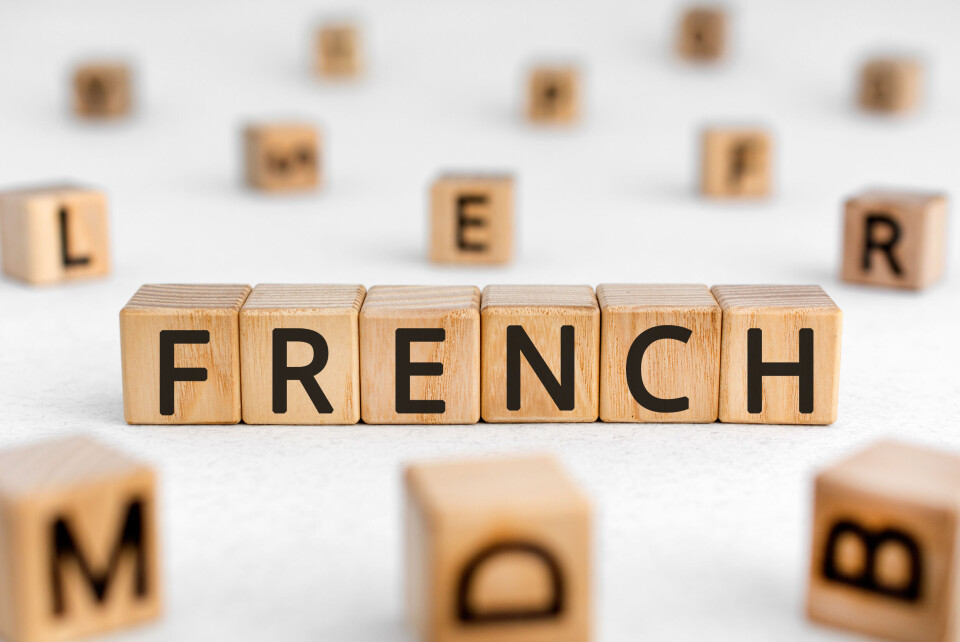-
Stendhal syndrome: has art ever driven you to distraction?
Discover the condition where art induces intense emotions and even physical reactions
-
When and why do we say c’est Noël avant l'heure?
A joyous phrase to use in the countdown to Christmas
-
When and why do we say French expression mettre la puce à l'oreille?
This phrase will plant an idea in your head
How to avoid an unholy linguistic pitfall when speaking French
The French you don’t learn at school

Certain French words and phrases are bandied about by Anglophones keen to sprinkle a little soupçon of French into everyday conversation, despite them not necessarily being either grammatically correctly or even understandable by a French native.
The book Sacré Bleu is a perfect case in point.
While it is a clever word play, in that the word bleu here is a sideways reference to the French football team’s well-loved nickname, the word sacré (pronounced “sack-ray”) incorrectly employs – if the author intends to use the Anglicised version of the French phrase – an acute accent on the “e”.
In fact, the French would say “sacrebleu” (with the sacre bit pronounced as “sac-reuh”) to describe their sense of anger, frustration, astonishment or admiration in a given situation.
The expression sacrebleu is a softened version – for the God-fearing back in the day – of “sacredieu” (Holy God) where bleu (blue) is put in the place of dieu (God) to avoid accusations of blasphemy.
In the Middle Ages, uttering God's name could spell corporal punishment.
Officially speaking, the adjective sacré comes from the Latin verb sancire: to make inviolable by a religious act and then by extension to delimit, to make sacred.
It implies a separation and a transcendence.
One curious and confusing side note: your language noter’s toddler came home from school recently with a nasty bump on his knee.
His mother gasped as she pointed: “T’as un sacré bleu, mon fils!” (You have a nasty bruise there, my son!).
Yes, un bleu is a bruise.
Related articles
French language defenders sue Notre-Dame over English translations
























